 We Will Feast
We Will Feast
Rethinking Dinner, Worship,
and the Community of God
Kendall Vanderslice
WILLIAM B. EERDMANS PUBLISHING COMPANY
GRAND RAPIDS, MICHIGAN
Wm. B. Eerdmans Publishing Co.
4035 Park East Court SE, Grand Rapids, Michigan 49546
www.eerdmans.com
2019 Kendall Vanderslice
All rights reserved
Published 2019
252423222120191234567
ISBN 978-0-8028-7630-0
eISBN 978-1-4674-5733-0
Library of Congress Cataloging-in-Publication Data
A catalog record for this book is available from the Library of Congress.
To the women of Chez Heureuse:
who taught me the joy of intentional living,
whether laughing together around the dinner table,
crying on the kitchen floor, or filling our home with as
many friends as the living room could hold
Contents
Some of the best meals I have ever eaten have been the most surprising. The meal in a village of India, where a family fasted in order to feed me, their guest. The fry bread with blueberry sauce made by an elderly woman in my apartment complex. The fluffy cinnamon roll made by the exgang member, tattoos running down his face. The meals cooked by refugee friends from Syria, Afghanistan, Somalia, Cuba, Libya, Myanmar, Nepal. The church potluck where everyone showed up with a bag of chips and nothing more.
Eating with others changes a personat least I know it has changed me. As a good Christian girl and then as an aspiring activist, I have always struggled with wanting to save the world and with being overcome by the cares of the world as a result. And I dont think it is a stretch to say that meals have saved my soul. Feasting together with people who have suffered on earth has restored my faith in a God of abundance, even when circumstances point in another direction. Eating with others taps into both an elemental need for survival and the holy joy of celebration at the exact same time. A meal savored with other glorious image-bearers does not save the world, but it helps restore our hearts in order to keep moving through it.
In her book We Will Feast, Kendall Vanderslice reveals to the reader the fresh wind of the Holy Spirit at work in our churches, homes, and communities. Chapter after chapter I was amazed at the creative, unsung, simple, and profound ways in which people who have been transformed by Christ are living out their faith. These are not the kinds of Christians who get big book deals or are speaking on conference circuits, but these are the faithful people through whom the kingdom of God is coming in our midst.
I think now is a profound time to consider the implications of what Christian community can look like in a deeply divided and unequal society. Vanderslice continually brings the reader back to Jesus, who conducted most of his ministry at a dinner table, who feasted primarily with the poor and the outcast. Jesus also lived in a time of great injustice, perhaps exemplified by the overwhelming number of people who experienced food scarcity during his time, with many individuals not knowing where their next meal would come from. And yet, Vanderslice says, in this context Jesus feasted constantly. When he turned water into wine, he made a lotand of the best quality possible! When he fed the five thousand, he made sure there were baskets and baskets overflowing with extra bread and fish.
These stories, and the stories of believers who have tried to model this kind of hospitality, will continue to grow in importance in our own age of abundance, excess, and growing inequality. Food, and our relationship to it, brings up so many issues: broken systems, economic exploitation of the poor, power dynamics, and our own tendency toward insular thinking and homogeneity. But what happens when we make a conscious decision to break out of these ways of living and thinking? Something holy happens.
This isnt a typical book on how to be more hospitablehow to create a cozy, comfortable environment, one filled with simple recipes that will impress your guests. Instead, We Will Feast is a meditation on true neighborliness, rooted in the reality of both the New Testament context and the current American Protestant church. It flips the narrative, focusing on how Jesus was dependent on the hospitality of others. And it looks at how Christians are starting to see that they need their neighborsespecially those who are different from themin order to experience true communion, in order to start being consumed by Jesus Christ himself. People can, and are, learning to grow in the love of an abundant provider-God and to keep their eyes open for those who could always be added to the feast at hand. Holy food for holy people, as one pastor in these pages says.
As a white evangelical, Im struck by how I was raised to believe Jesus came to save my soul, which in practice meant my mind. But this book reminds me that Jesus also came to feed my actual body. It is so much simpler and more elemental than I could possibly realize. I am seeing food in light of our global reality, of cultures, of scarcity. I am thinking about food as it relates not just to me but to my neighbors. In her epilogue, Vanderslice writes that worship around the table is a communal search for every glimmer of goodness in an aching world. It instantly brought me back to some of my most treasured meals, always eaten with neighbors from far and wide.
This book ostensibly chronicles the various forms of dinner churches that are on the rise in America. But truly it is a book about the wider work of the Holy Spirit and a church that is creatively finding small ways of renewal in some of the most unlikely spaces. No matter what your relationship to or definition of church might be, there is space in this book to catch a glimpse of the joy, abundance, and holy imagination of what it means to feast together in this world that we call the House of the Lord. It will surprise you, just like the very best meals always do.
D. L. MAYFIELD
January 2019
In 2008, Brooklyn pastor Emily Scott announced that her church, Saint Lydias, would begin holding their weekly service over dinner. Longing to dispel feelings of isolation that city living fosters for so many young New Yorkers, Scott decided to model her service around the early church practice of Eucharist, having a meal together.
From those beginnings and in the span of just a few years, small, independent dinner-church communities emerged all around the world. These communities do not focus on worship first and then eating together later; they understand the meal itself as worship. These churches encompass a range of denominations, both conservative and progressive. Found in urban, suburban, and rural areas, they attract wealthy, middle-class, and unhoused neighbors. The congregations are intergenerational and multiethnicreflecting the demographics of their particular locations. Some meet in restaurants, others in gardens and on farms, a few in church basements, and the rest wherever they can find the space. Services arent limited to Sundays: across the country, a dinner-church service takes place every night of the week. What these fellowships all hold in common is a firm belief that Christian worship at the Communion table is much more than a taste of bread and wine.
This form of worship is nothing new. After all, the gospel is a story of meals, opening in a garden and ending at a feast. Records of the early church suggest that they primarily met for worship through eating meals. But over the last thousand years, many churches have lost focus on the centrality of foodand with it a powerful method for the unification of Christs diverse body. As worshipping communities transition from sanctuaries to farmland and from pews to tables, their demographics shift too. Across the country, a range of denominations boasts of dinner-church congregations diverse in age, race, marital status, income level, and sexual orientation. Men and women nervous to step through the doors of a sanctuary, hesitant to sit next to one another in a pew, are finding God together as they dig through dirt and feast on bread.

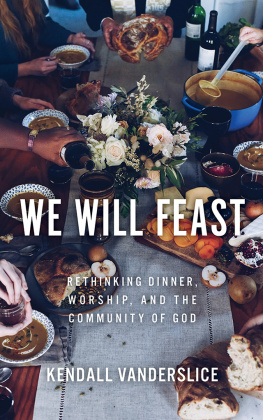

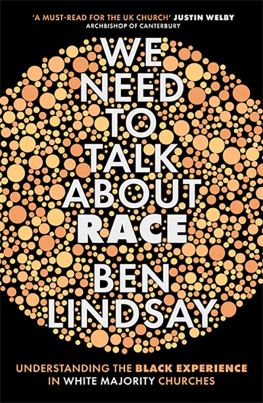
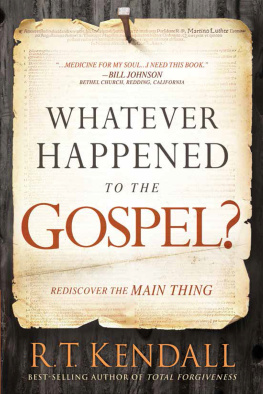
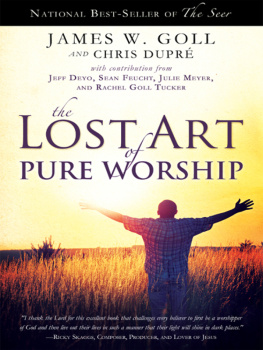

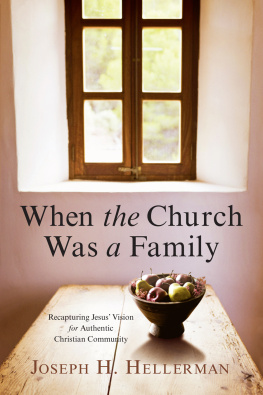
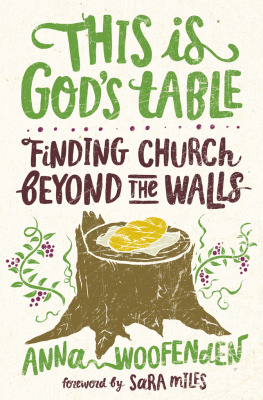
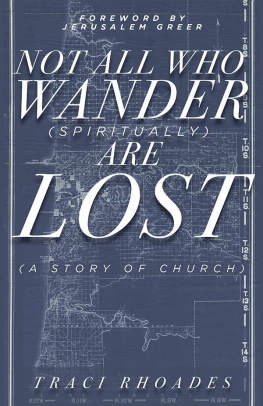

 We Will Feast
We Will Feast